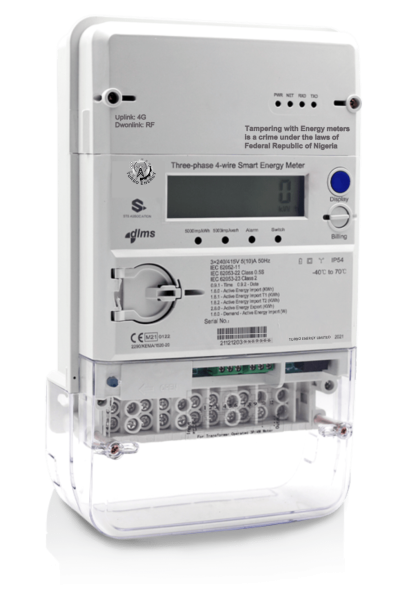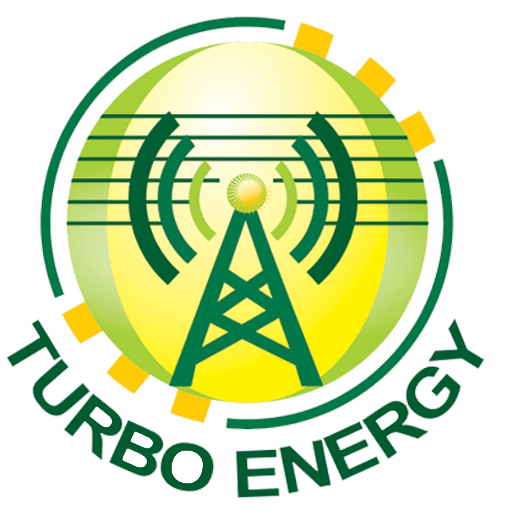Smart Metering
- Home
- Smart Metering

INNOVATIVE APPROACH TO SMART METERING
Leading the Smart Metering Revolution
Turbo Energy Smart metering is a revolutionary technology that has transformed the way energy consumption is monitored and managed. It involves the deployment of advanced digital meters that provide real-time information about electricity, gas, or water usage to both consumers and utility providers.
These meters offer a multitude of benefits, including improved energy efficiency, better resource management, and enhanced customer engagement.
Key Features
Smart meters enable the collection of accurate, real-time data on energy consumption. This data is often transmitted wirelessly to utility companies, allowing them to monitor usage patterns more effectively.
Unlike traditional meters, smart meters facilitate two-way communication between consumers and utility providers. This enables remote meter reading, instantaneous billing, and the ability to implement demand-response strategies
Smart metering empowers consumers to make informed decisions about their energy usage. Real-time feedback on consumption helps individuals identify opportunities to reduce energy waste, ultimately leading to cost savings.
Utility companies can utilize the data collected from smart meters to analyze energy demand patterns and optimize the distribution of resources across the grid. This leads to a more stable and efficient energy supply.
Smart meters enable time-based pricing models where energy costs vary based on the time of day. Consumers can adjust their consumption habits to take advantage of off-peak pricing, reducing their bills and easing the strain on the grid during peak hours.
In case of non-payment or other reasons, utility providers can remotely disconnect and reconnect the supply through smart meters, streamlining the process and reducing manual intervention.
Benefits
Smart metering encourages energy-efficient behaviors by providing consumers with real-time information about their usage patterns, leading to reduced waste and lower bills.
With precise real-time data, billing becomes more accurate, eliminating the need for estimated bills and potential discrepancies.
Remote meter reading and management reduce the need for manual interventions, resulting in cost savings for utility companies.
By promoting energy conservation, smart metering contributes to the reduction of greenhouse gas emissions and overall environmental impact.
Grid management becomes more efficient as utility companies gain insights into usage trends and can respond proactively to demand fluctuations.
The wealth of data collected from smart meters can be analyzed to gain valuable insights into energy consumption patterns, which can inform policy decisions and infrastructure investments.
Smart metering is expected to continue evolving as technology advances. Integration with other smart home devices, improved data analytics, and the incorporation of renewable energy sources are likely to shape the future of this technology. As energy efficiency and sustainability become more critical, smart metering will play a pivotal role in creating a smarter and more sustainable energy landscape.
